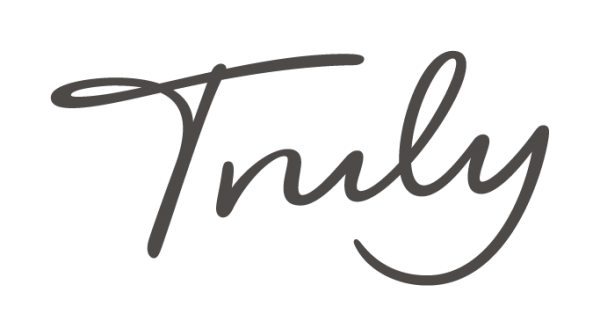
-- UK – The UK’s going teetotal with 58% of Brits drinking more no and low alcohol drinks than ever.
People in the UK are consuming fewer alcoholic drinks while the sales of non-alcoholic beverages are significantly increasing. Data suggests a correlation between this trend and people’s, especially young people’s, desire for a healthier lifestyle.
The sales of adult soft drinks like non-alcoholic or alcohol-free beers, wines, and spirits have risen by 15.4% in the past four years, making it one of the fastest-growing categories in the CGA’s Prestigious Foodservice Price Index.
In 2018-2019 people in the UK spent a record £57 million on low or non-alcoholic beers, an increase of 39% according to researchers at Neilsen. They also spent £48 million on low or no alcohol wines.
At this rate, the non-alcoholic beer market is expected to reach £85 million by 2025.
58% of people in 2019 are drinking more no and low abv drinks than they did last year according to a white paper published by Distill Ventures. Google Trends also shows people searching for “non-alcoholic” drinks 81% more than they were last year.
The desire by Brits to decrease their alcoholic intake is evident in the nationwide interest in Dry January, the UK’s one-month booze-free challenge run by the charity Alcohol Change UK. Last year an estimated 4.2 million people took part in the challenge, going booze-free for 31 days.
Bars and restaurants in the UK are hopping on the trend by offering an increasing variety of non-alcohol drinks, while some are offering alcohol-free food pairings with their tasting menus. Gift company Truly Experience’s research into non-alcoholic pairings offered found that at one Michelin-star restaurant, Club Gascon, the introduction of a tea pairing to go with their fixed menu saw tea sales rise by 400%. The full list of restaurants offering alcohol-free pairings can be viewed here.
As the movement for non-alcoholic drinks grows, 61% of people want better options, reported the white paper. So far there have been 271 premium soft drink launches in the UK alone.
But not all people who drink non-alcoholic beverages have cut out drinking entirely. In fact, 59% of people in the UK are ordering non-alcoholic drinks and alcoholic drinks in the same night. Only 29% of people are solely ordering non-alcoholic drinks on a night out.
At the same time, people in Britain are also cutting down on the overall alcohol they consume. According to WHO, Britons are consuming 1.2 fewer litres of alcohol in 2017 than in 1990.
While this might seem like a small decrease, in subgroups there is a more obvious generational trend in decreasing alcohol consumption.
Young people in Britain aged 16-24 are the least likely age group to drink. The proportion of young people who say they don’t drink rose from 18% in 2005 to 29% in 2015, according to a study by the Department of Epidemiology and Public Health at University College London.
While researchers haven’t made any specific conclusions, when looking at data to identify why the trend in non-drinking is occurring, there are potential correlations between health-consciousness and non-drinking.
Throughout the UK there was no decrease in alcohol consumption among those who smoke cigarettes or among those who do not exercise. However, there was an increase among those who did high levels of physical activity, according to UCL’s study.
Release ID: 88937500

